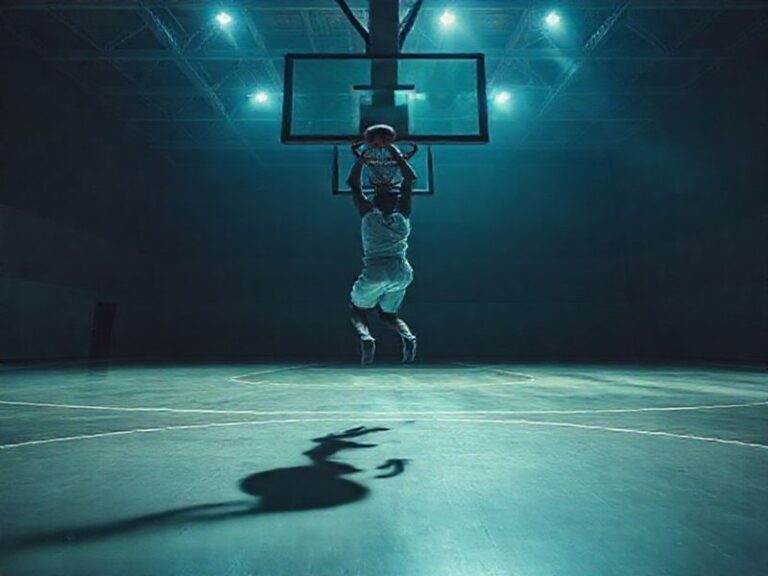Jamie Vardy: The Global Folk Hero Proving Fairy Tales Still Have Sponsors
The Ballad of Jamie Vardy, Global Folk Hero for the Age of Diminishing Returns
By Our Man in the Departure Lounge, somewhere between the duty-free Toblerone and existential dread
There are two kinds of fairy tales left in the twenty-first century: the ones Disney franchises into lunchboxes, and the ones that leak out of a battered East Midlands estate and somehow end up on a Champions League scoresheet in Prague. Jamie Vardy—once a factory-floor reject with an electronic tag for pub-fight exuberance—has improbably become both. His story is now exported like a sub-prime derivative: packaged, repackaged, subtitled in twenty-three languages, and sold to every corner of the planet where late-capitalist desperation still believes in “one weird trick” to beat the system.
From Mumbai call-centres streaming Leicester’s 5,000-to-1 miracle on patchy Wi-Fi to favela kids in Rio wearing knock-off Vardy No. 9 shirts stitched somewhere even sweatier, the narrative is the same: if this tattooed chain-smoker can rise from Stocksbridge Park Steels to lifting the Premier League trophy, maybe—just maybe—the algorithm hasn’t completely written us off yet. It’s a beautiful lie, the kind multinational brands adore: pluck a working-class talisman, douse him in energy-drink marketing budgets, and presto—you have a walking metaphor for meritocracy that handily distracts from wage stagnation back home.
Observe the geopolitical ripple effects. When Vardy scored against Sevilla in 2017, the pound sterling momentarily ticked up against the euro, as if FX traders—those most rational of reptiles—believed English pluck was a sounder reserve currency than, say, industrial output. Meanwhile, in Beijing, state broadcasters hailed him as proof that “socialism with Chinese characteristics” can coexist with gambling-sponsored football, so long as the house always wins. Heady stuff for a man whose pre-match meal was allegedly a tin of Red Bull and three packets of Skittles.
Of course, the planet keeps turning, and so does the meat-grinder. Vardy’s late-career renaissance—still harrying defenders at 37, neck veins like topographic maps of Brexit Britain—coincides grimly with record global obesity and record youth unemployment. Every time he sprints the channels, a million delivery drivers stuck in traffic jams fantasise about outrunning their own late fees. His durability is marketed as aspirational, yet the subtext reads like a black joke: keep running, prole, the finish line is receding at the exact speed you approach it.
The English FA, never missing a chance to weaponise nostalgia, now tout Vardy as the “spirit of ’66 rebooted” whenever they need to flog Wembley debentures to hedge-fund lads pretending to care about the national team. Abroad, his image is less Three Lions than universal underdog emoji: a shorthand for every populist who promises the crowd they too can stick it to the elites, right up until the minute the same elites buy the club and hike ticket prices 400%. Even North Korea’s KCNA once referenced the “Leicester City Shock” to illustrate “the chaos of decadent Western sport,” blissfully unaware that their own league’s top scorer that year was Kim Jong-un with 57 bicycle kicks in a single match.
And yet, cynicism is only half the story. On the tiny Indonesian island of Bawean, local fishermen renamed their Sunday league trophy “Piala Vardy” after watching him on a cracked smartphone under a tarp during monsoon season. They don’t know or care about VAR, super-agents, or the offshore ownership shell game. They just recognise the silhouette: a slight, angry man refusing to accept the gravitational pull of mediocrity. In that sense, Vardy has become a secular saint for a world starved of second acts—proof that while history may be written by the winners, the footnotes sometimes belong to the stubborn bastards who refuse to leave the pitch.
So here we are, circling the drain of another news cycle, still selling the myth that hustle beats structural inequality. Jamie Vardy keeps scoring, keeps snarling, keeps reminding us that fairy tales are most potent when we forget the narrator is sponsored by a betting company. Drink it in, Dave’s Locker faithful: the beautiful game, uglier than ever, and still the only religion left where the meek occasionally inherit the six-yard box—if only until the next TV deal kicks in.







